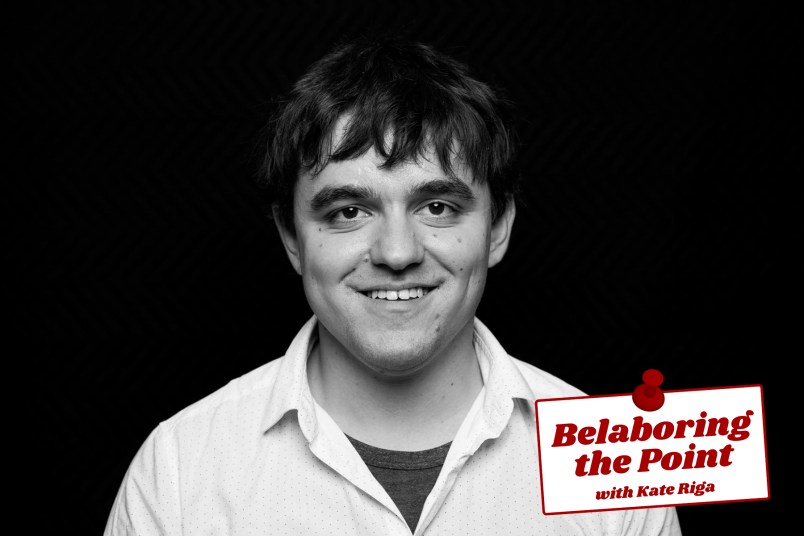Early this evening I noted that the tone of the Democratic party assembled here in Boston really is quite different than it was in New Hampshire, and much different from what it was in mid-2003. Democratic ‘rage’ and ‘Bush-bashing’ was to a real extent a product of Republican spin. But not altogether.
So why the difference? Certainly it’s not because opposition to the president has waned in any way. And I think the fact that the convention is meant to appeal to the swing voting audience actually doesn’t play that great a role in the change.
I think there are two main reasons — and they’re fundamental rather than cosmetic.
Reason number one has to do with understanding the dynamics that animated the 2003-04 primary contest. On the surface, the fiery rhetoric and animus of 2003 and early 2004 were directed at President Bush. And to some degree of course they were. But the punch of that rhetoric derived not so much from Democrats’ antipathy for President Bush as from a pitched battle, almost a rebellion, within the Democratic party — the grassroots of the Democratic party insisting that Washington Democrats were compromising with the president over particulars when he was leading the country in a direction that had to be opposed across the board. Fiery rhetoric against President Bush was fiery rhetoric against compromise and accomodation with him. In other words, it was to a very real degree aimed at other Democrats.
The specifics and the rights-and-wrongs of that intra-party debate are complicated and needn’t detain us here. But understanding that intra-party debate explains why the tone here is so different. The Democratic party is now deeply united around the proposition that President Bush is moving the country in the wrong direction on almost every front and must be opposed head-on. With that question settled within the party, what is there to be angry about? Is there anger at President Bush? Sure. But no one here is talking to President Bush. So opposition, yes. But anger, much less so. Unity isn’t simply a reason or a tool to stifle anger. In a sense, it has eliminated it.
Point two is related to point one. Anger is often, and rage is almost always, an emotion rooted in powerlessness. That was certainly the position of Democrats in early 2003 (on so many levels), though less so as the year went on. These Democrats don’t feel powerless. The mood is one of cautious optimism that they can drive the president from office, that the wind is at their backs. That too changes the emotional tone dramatically.






